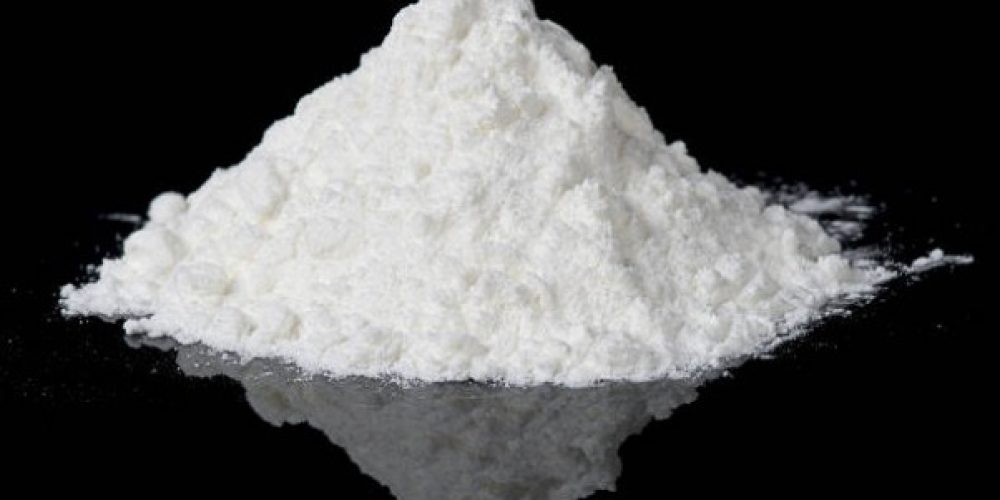What are the uses of talcum powder in plastic modification?

The most significant product used in plastics is a white finely crushed product that can produce a flake structure. Due to its special flake structure, talcum powder is an effective reinforcing material in plastics. It can give plastics higher rigidity and creep resistance regardless of room temperature or high temperature. Moreover, the fine talcum powder with a white flake structure also has a good solid luster.
The influence of talcum powder on plastic properties The addition of talcum powder can change various properties of plastics, such as molding shrinkage, surface hardness, flexural modulus, tensile strength, impact strength, heat deformation temperature, molding process and product dimensional stability.
Application in polypropylene resin (PP)
Talc is often used to fill polypropylene. Talc has a flake structure characteristic of thin flake configuration, so talc with finer particle size can be used as a reinforcing filler for polypropylene.
Adding a small amount of talc to polypropylene can also act as a nucleating agent, improve the crystallinity of polypropylene, thereby improving the mechanical properties of polypropylene. In addition, due to the improvement of crystallinity and the refinement of grains, the transparency of polypropylene can also be improved.
Application in polyethylene resin (PE)
Talc is a natural magnesium silicate. Its unique micro-scale structure has certain water resistance and high chemical inertness, so it has good chemical corrosion resistance and sliding properties.
Adding different proportions of talcum powder will have different effects on the physical properties of polyethylene materials, and the addition ratio is 10%-15% to achieve the best.
For polyethylene blown film, filling ultrafine talcum powder masterbatch is better than other fillers, easy to form and good processability. Moreover, this kind of film can reduce the oxygen permeability by 80%, which is particularly suitable for packaging oil-containing foods such as peanuts and broad beans, so that they will not produce oil or deteriorate for a long time. This kind of film can reduce the water vapor permeability by 70%, and has good moisture resistance, making it very suitable for underground geotextile moisture-proof cloth and also for packaging food.
Application in ABS resin
ABS resin is an amorphous polymer with excellent molding processability like polystyrene; it has good impact strength, good low temperature resistance, high tensile strength and good creep resistance.
In order to improve the existing performance of ABS, people have carried out extensive research on ABS modification. For example, automobile instrument panel blister sheets made by blending ABS and PVC, and imitation leather luggage cover leather made by blending ABS and PVC, not only have high strength and toughness, but also can maintain the durability of surface patterns.
This blended material is filled with ultrafine calcium carbonate or ultrafine talcum powder, which can significantly improve the notched impact strength and tear resistance of the blended material. For example, adding 5%-15% ultrafine talcum powder or calcium carbonate can increase the notched impact strength by 2-4 times.
Application in polystyrene resin (PS)
Unmodified general-purpose polystyrene is an amorphous polymer. It is hard and brittle, but it has good electrical properties, aging resistance and high dimensional stability. The disadvantage is high brittleness and sensitivity to environmental stress cracking.
Adding ultrafine talcum powder can improve impact toughness, adjust rheology, significantly improve flexural modulus, and also improve tensile yield strength.
Application in nylon resin (PA)
For nylon (polyamide), the industry pays special attention to the toughness and wear resistance of this plastic. Nylon is generally hard, similar to keratin, has good wear resistance and high dimensional stability. These properties can be further improved by fillers or reinforcing agents.
Application in polyvinyl chloride resin (PVC)
Filling polyvinyl chloride with ordinary powder is already very common. For example, in the manufacture of rigid polyvinyl chloride pipes, the amount of calcium carbonate filled can reach 40%, but the tensile strength and impact strength of polyvinyl chloride will be reduced. If talcum powder with an average particle size of 5 microns, i.e. 2000 mesh, is added to a volume fraction of 40%-45%, it can be found that the yield strength of the material is even higher than the original fracture strength, which has a significant strengthening effect on the polyvinyl chloride system.













